In an era marked by the urgent need to combat climate change and minimize its impact while navigating global events, the challenge of transitioning to sustainable energy solutions has taken center stage, shaping the way we produce, distribute, and consume energy.
The future of energy began in Bangladesh, with the potential to bring sustainable and reliable energy to the 2.7 billion people around the globe who today don’t have access to electricity.
Providing energy to remote locations
SOLshare, a climate-tech startup from Bangladesh and the world’s first cyber-peer-to-peer network, was one of the startups to be part of Free Electrons, a global energy open innovation program. Free Electrons brings together leading utilities and energy startups to foster collaboration, innovation, and technology adoption in the energy industry. Beta-i is the co-design and implementation partner of Free Electrons, which is led and run by the world’s most innovative energy utilities.
Through Free Electrons, renowned global utility companies explored the possibilities of SOLshare’s technology, co-creating different applications.
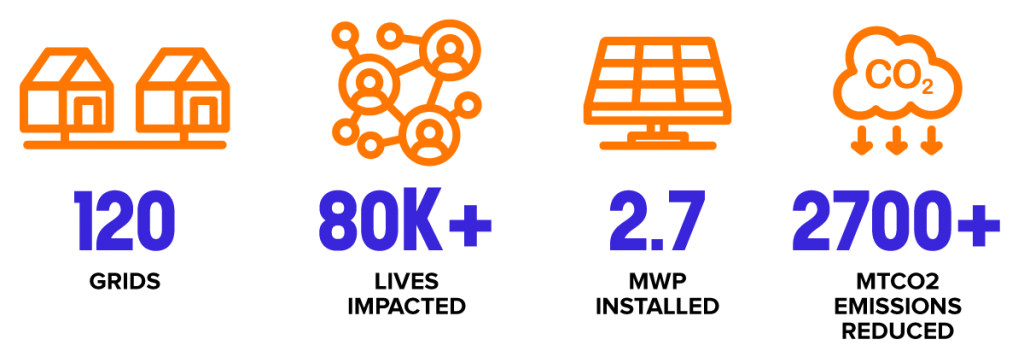
True energy innovation with Free Electrons
In a country suffering from various degrees of energy poverty SOLshare’s peer-to-peer grids are reshaping the traditional centralized energy distribution model. This innovative approach has created an entire energy economic system, enabling users to buy, sell, and provide energy to remote locations, even in the Rohingya refugee camps. It also created more resilient grids, crucial to preventing blackouts and facing climate change.
A SOLshare grid operates similarly to a swarm of bees – no central intelligence governs the network. Their platform links solar home systems together to create a swarm for power production, tapping into unutilized power from excess energy produced by home systems.
By directing resources to areas in need, it helps address energy poverty and contributes to positive environmental and social impact. As the world seeks sustainable and resilient energy solutions, peer-to-peer grids like SOLshare’s emerge as a promising pathway to minimize environmental impact, prepare for climate change, engage consumers, and provide energy to those without electricity access. But the company didn’t stop there.
In a country boasting of as many electric vehicles on its roads as Tesla has sold globally to date, SOLshare has expanded its work to establish SOLmobility, its micromobility solution deployed to equip five million electric three-wheeler drivers with smart batteries to put more money into their pockets and a buffering potential of up to 30% of Bangladesh’s national grid load. With a target to retire a fleet of millions of inefficient and environmentally harmful lead-acid batteries, SOLshare has deployed its proprietary smart battery technology.
Millions of electric three-wheelers today pose a severe threat to national grid stability as all are being charged during peak load hours at the same time. Initial demonstrations have shown that SOLshare’s technology is capable of turning this threat to the grid into an asset for the grid.
This shift holds the promise of improved energy storage and resilience, with far-reaching implications for mobilizing the EV transition within Bangladesh while bringing in virtual power plant (VPP) applications for vehicle-to-grid (V2G) integration and increasing renewables to the grid.
Recognizing its importance, E.ON and EDP, leading utilities part of Free Electrons, have invested in SOLshare. In 2018, E.ON and EDP joined their series A that achieved $1.1M. In a recently closed round, SOLshare received US$ 2.2M in funding.
“We are glad to see the impact SOLshare creates today and are happy that we were able to support SOLshare’s journey through Free Electrons. SOLshare is an outstanding example of entrepreneurial drive and how we can improve people’s lives by scaling new technologies and sustainable energy solutions. Their peer-to-peer grid technology provides energy access to those otherwise left waiting and creates new opportunities for these communities now.“, said Stefan Padberg, Managing Director at E.ON Innovation.
“We are thrilled to see the remarkable influence that SOLshare is having on the development of solar energy communities. Their innovative approach to peer-to-peer solar energy sharing is not only bringing sustainable power to underserved communities but also creating new economic opportunities. Additionally, SOLshare’s novel technology for charging three-wheeled electric vehicles may bring significant added value to drivers and the entire electric mobility landscape in Asia and other continents. At EDP Ventures, we are proud to support a company that is making such a meaningful difference in the lives of so many. SOLshare embodies the values and principles under the Free Electrons program.”, Frederico Gonçalves, Managing Partner EDP Ventures.
“After Free Electrons, SOLshare was able to expand its operations and bring its production in-house. We began raising our series A round during Free Electrons and E.ON’s Investment Venture became one of our core investors during series A.”, Salma Islam, Head of Projects, Fundraising and Communications at SOLshare.
With continued support from forward-thinking partners like E.ON and EDP, SOLshare is poised to transform the energy landscape and provide sustainable power solutions.
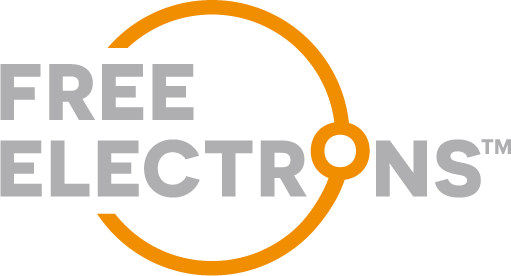
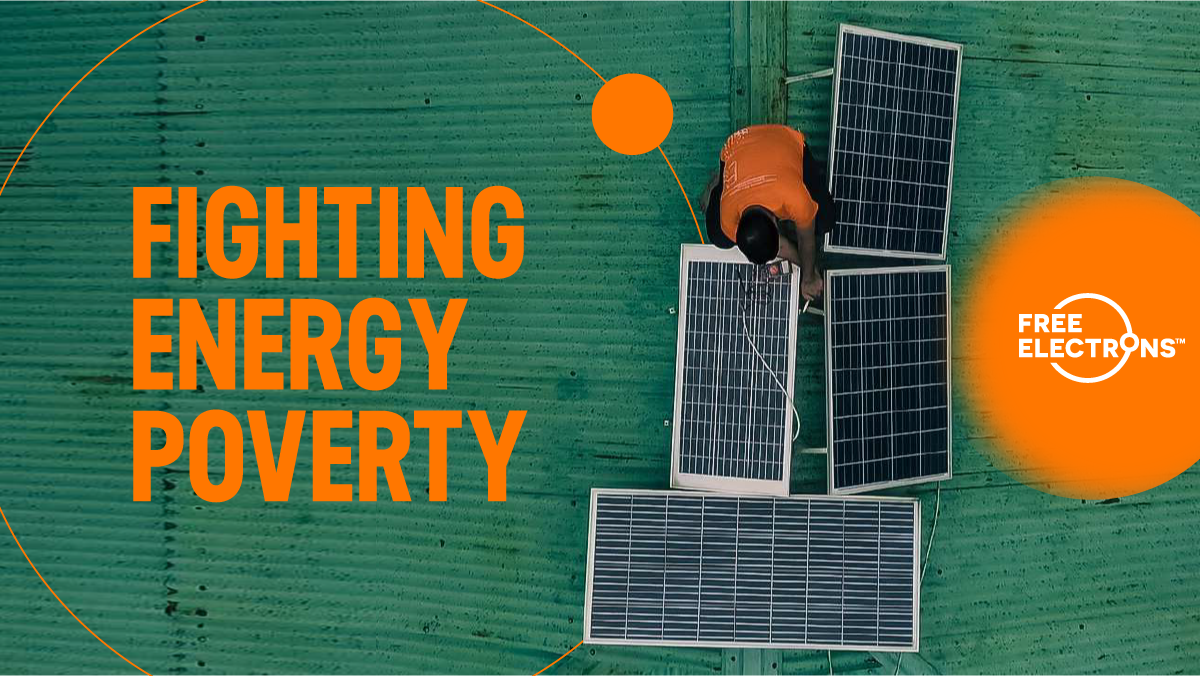
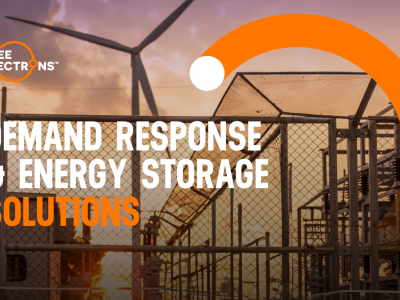
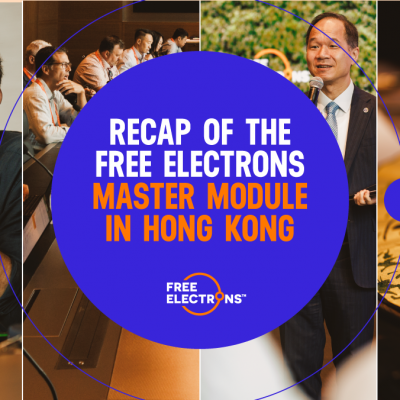

Comments